What Our Students Say
Did you know!
- There are 2,626 vehicle technician, mechanic and electrician jobs in Leeds, this means the sector has increased by 2% compared with 2018. (EMSI, 2019)
- By 2024, the vehicle technician, mechanic and electrician labour market in Leeds is predicted to grow by 5.3%. (EMSI, 2019). Students gain both practical and theoretical knowledge and can put their theory into practice in cutting-edge garages.
About School of Engineering & Manufacturing
Welcome to the School of Engineering and Manufacturing
The School of Engineering and Manufacturing is dedicated to preparing students for careers in engineering and manufacturing. We offer a comprehensive curriculum that integrates the latest advancements in these fields, ensuring our students are well-equipped to meet the demands of the industry.
Our focus on engineering and manufacturing covers a wide range of subjects, including electrical installations, welding, and manufacturing processes. Taught by industry-experienced specialists, our programs offer qualifications ranging from Level 1 and beginner courses to Level 3 and Access to Higher Education pathways.
Located at our Printworks Campus, our facilities boast industry-standard workshops equipped with state-of-the-art tools and equipment. Students have access to specialised workshops including electrical installation, fabrication and welding, and machinery operation.
At the School of Engineering and Manufacturing, we are committed to providing our students with the practical skills and knowledge needed to succeed in their chosen fields. Whether you’re interested in engineering or manufacturing, we have the resources and expertise to help you achieve your goals.
Safeguarding
We are committed to making sure all students and staff are protected from harm. All staff are trained in safeguarding and child protection, and our dedicated Safeguarding team is on hand for advice and support. Don’t stay silent, we are here for you.
Find out more


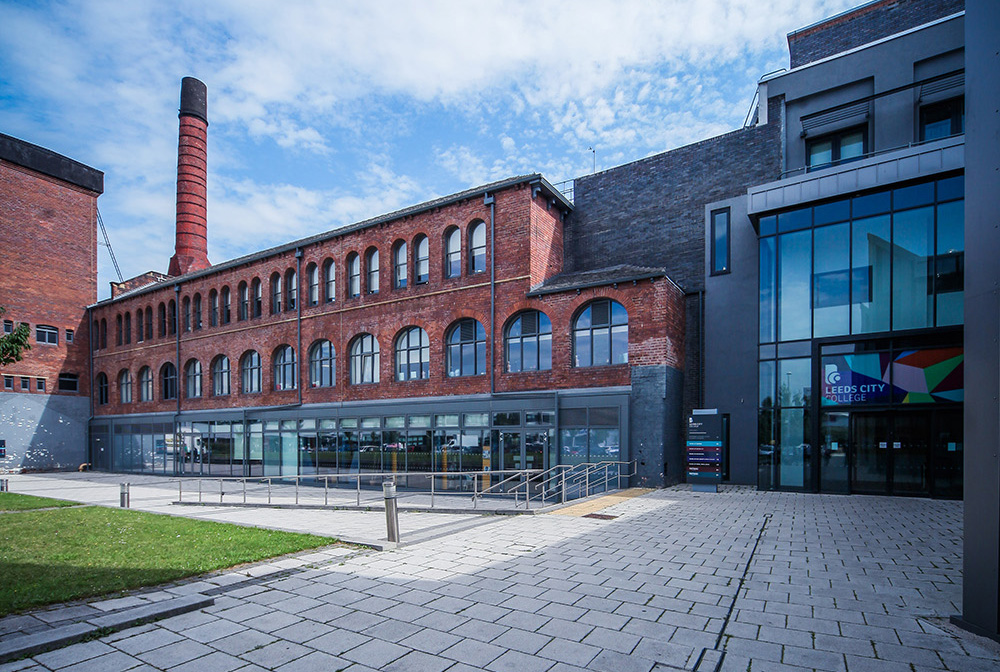
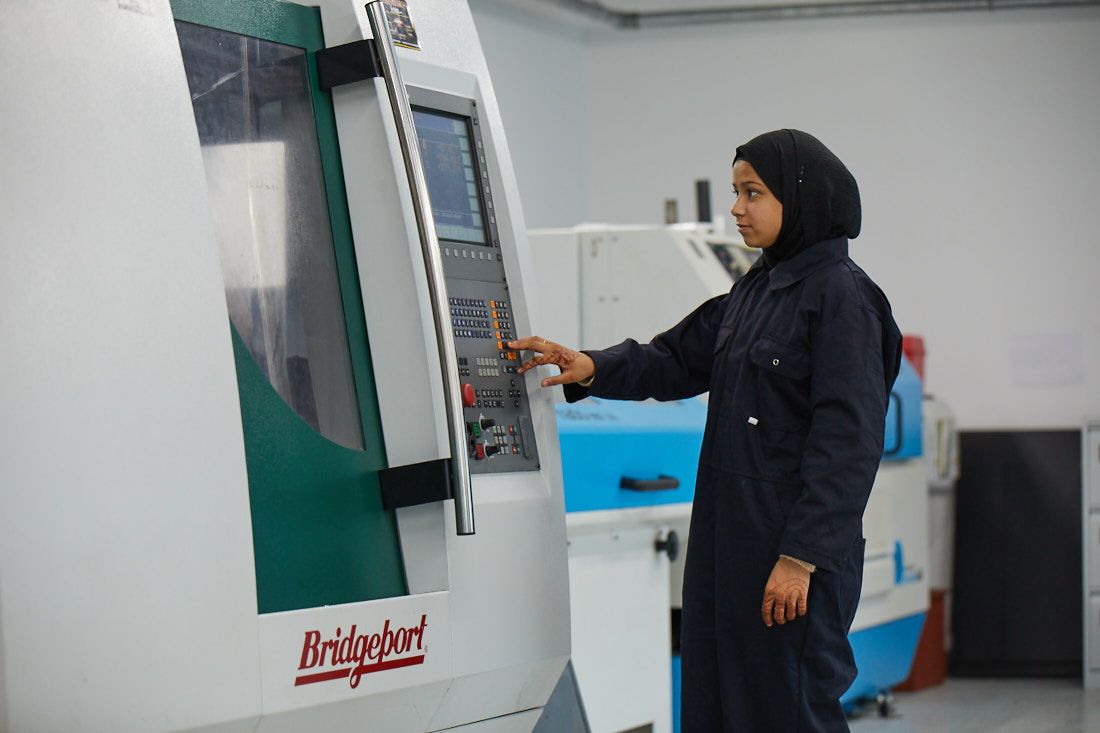
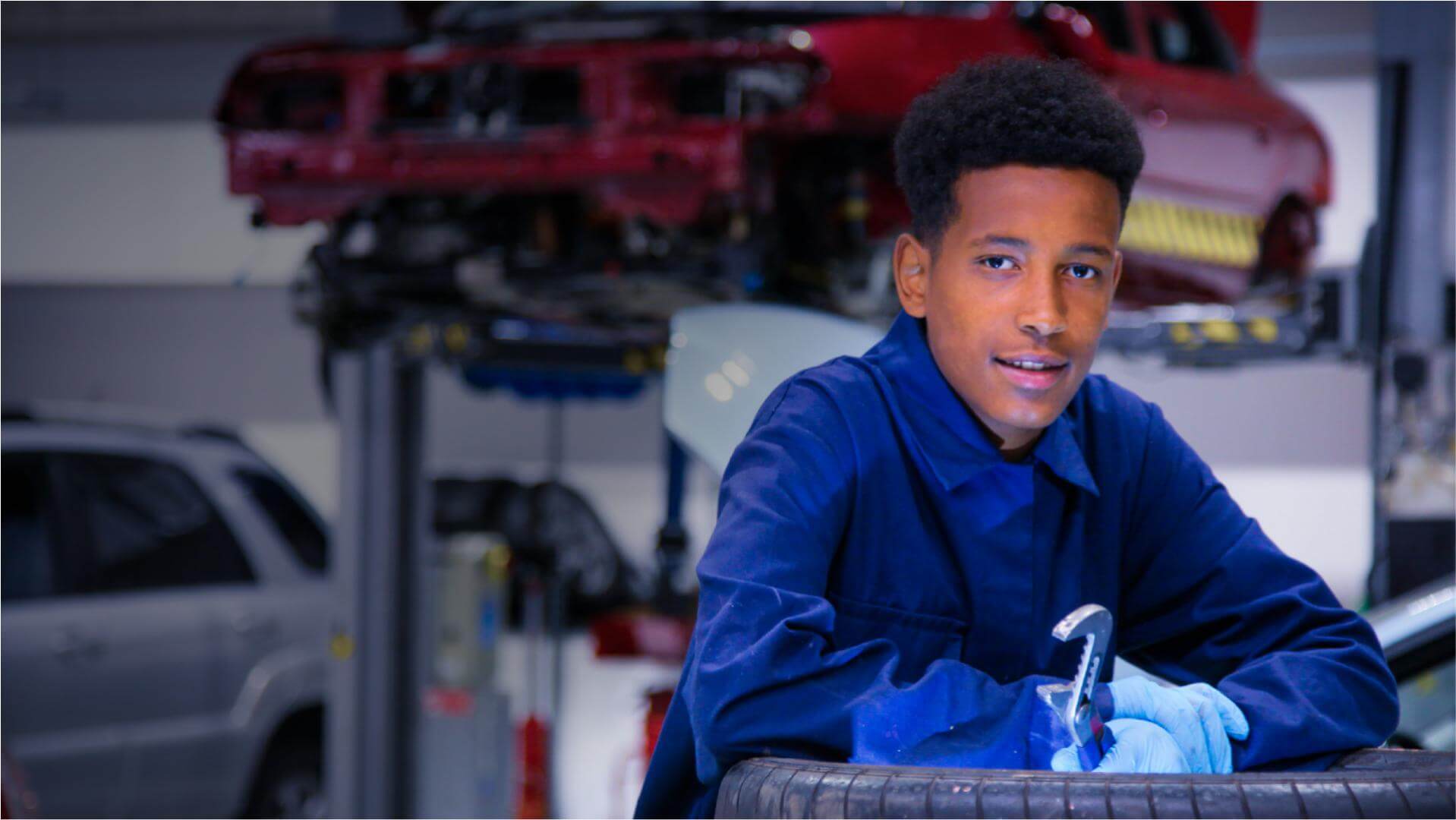
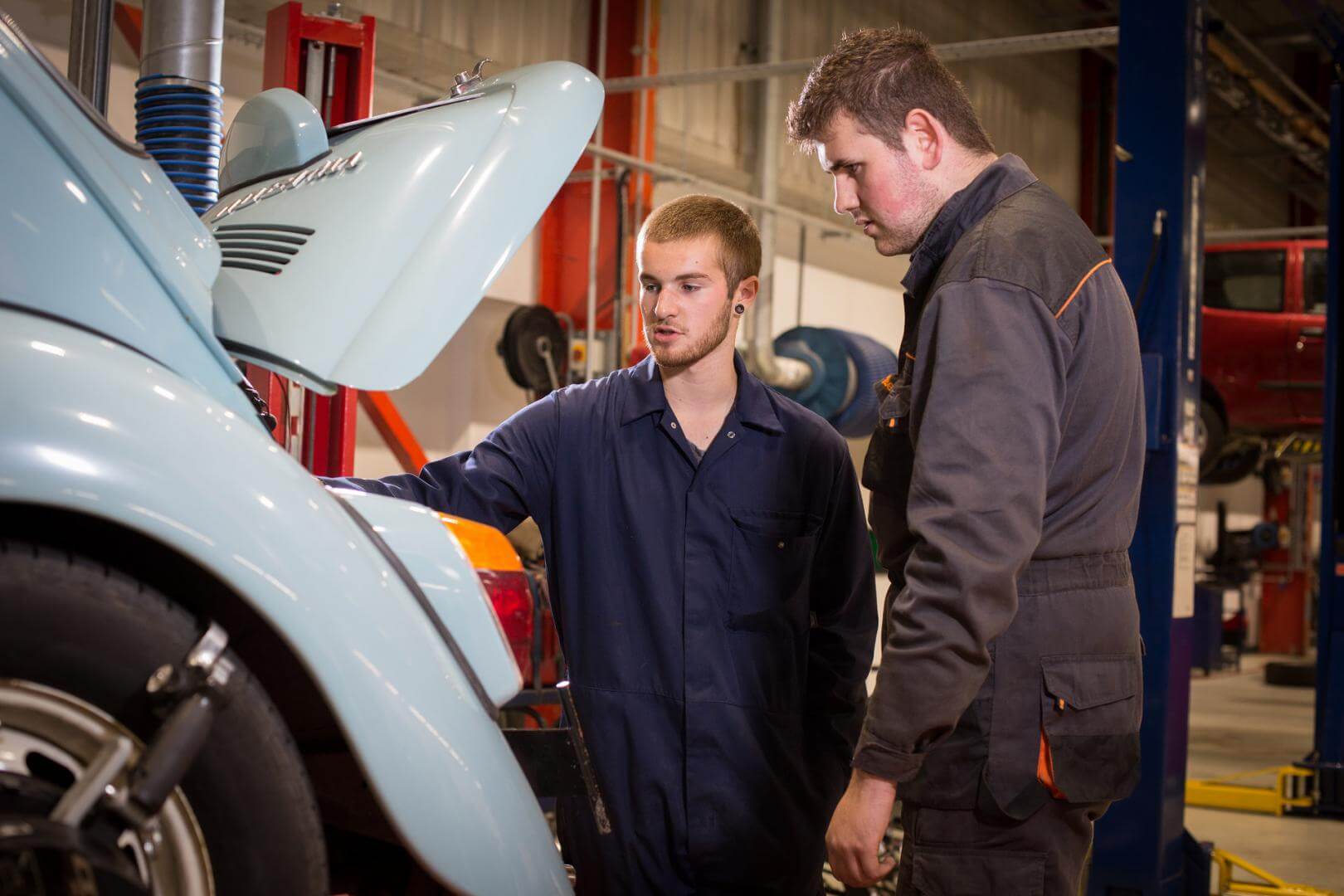
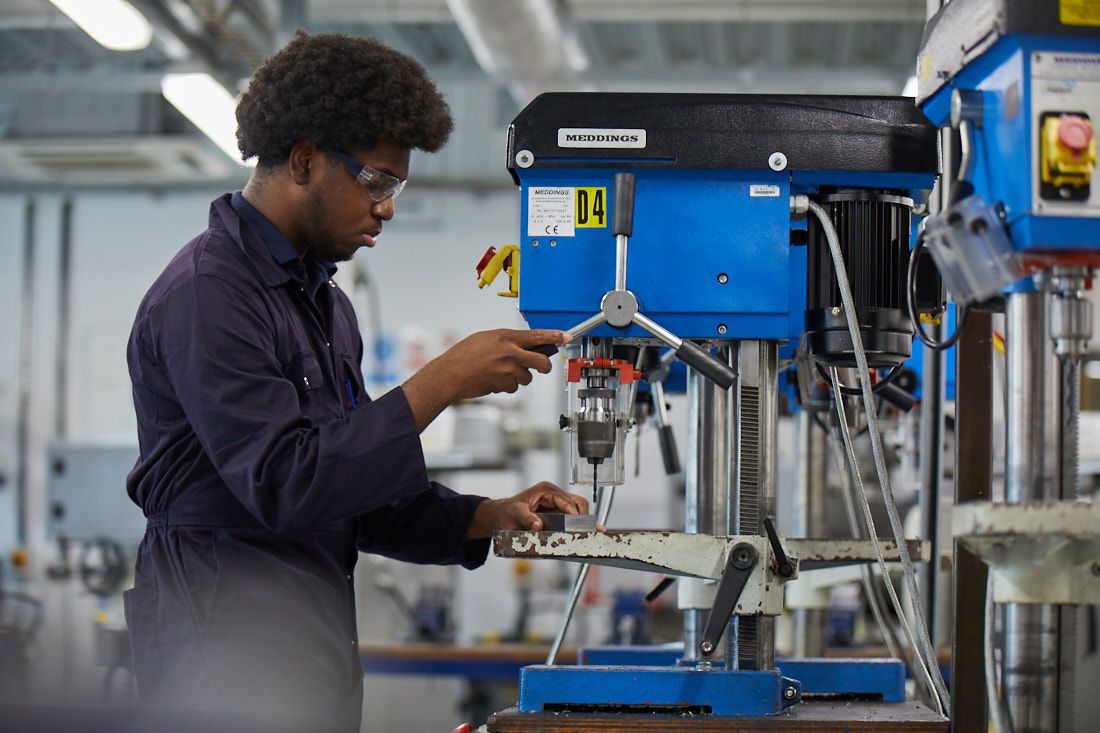
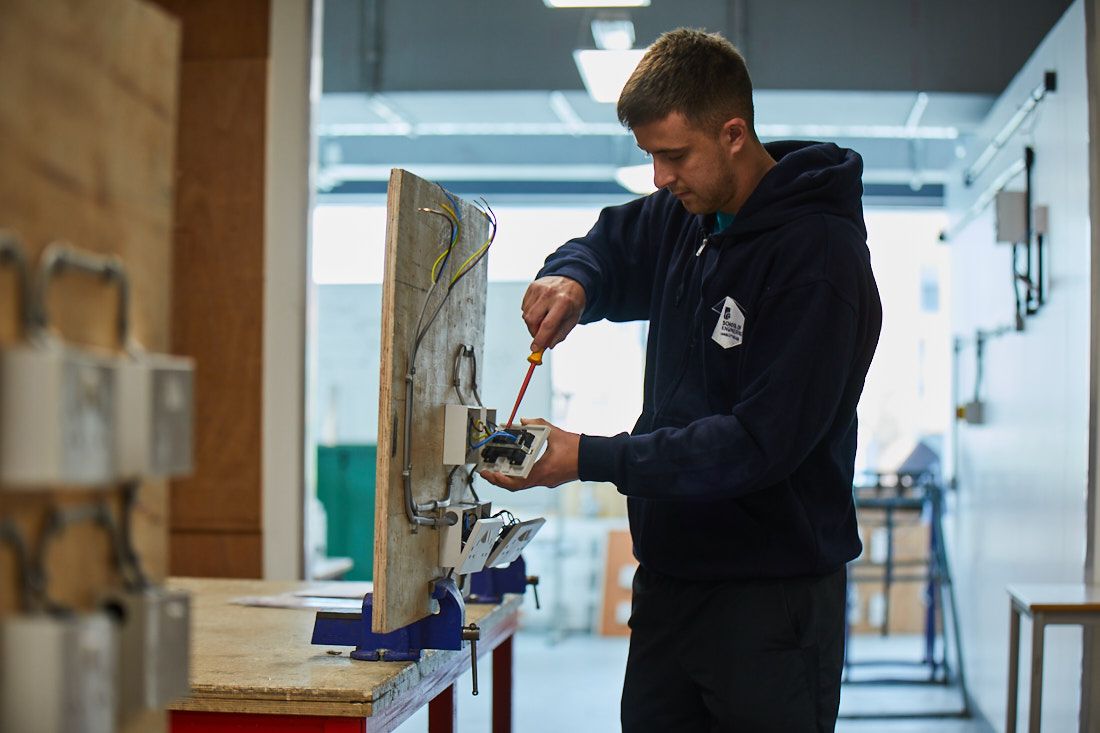
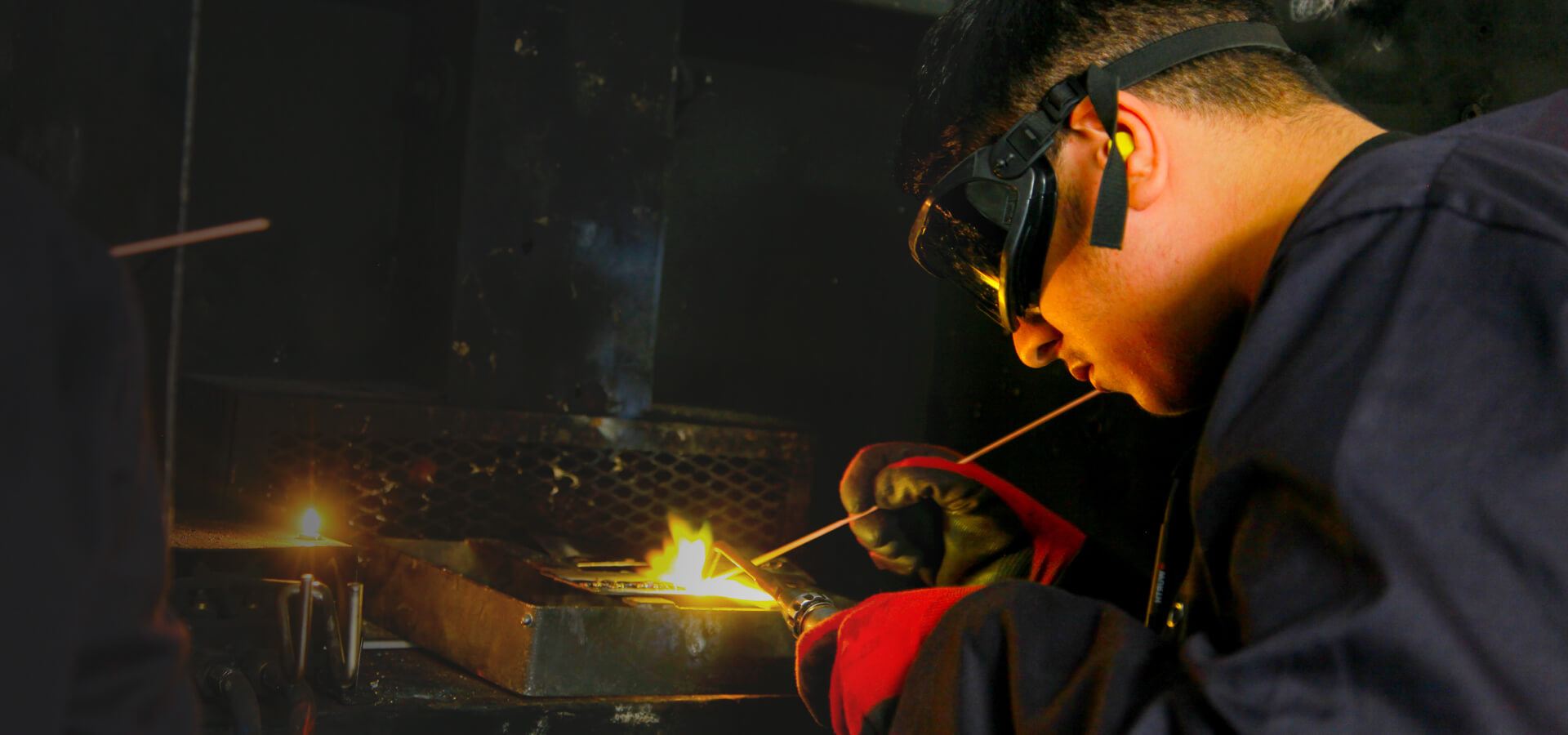
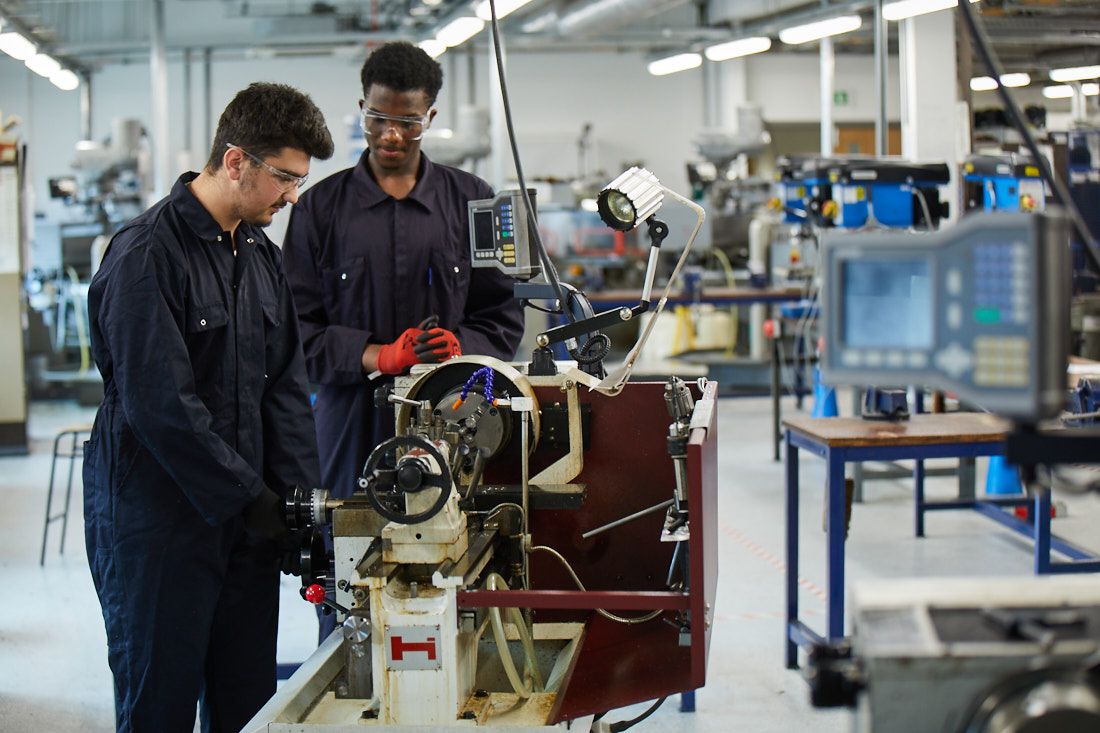
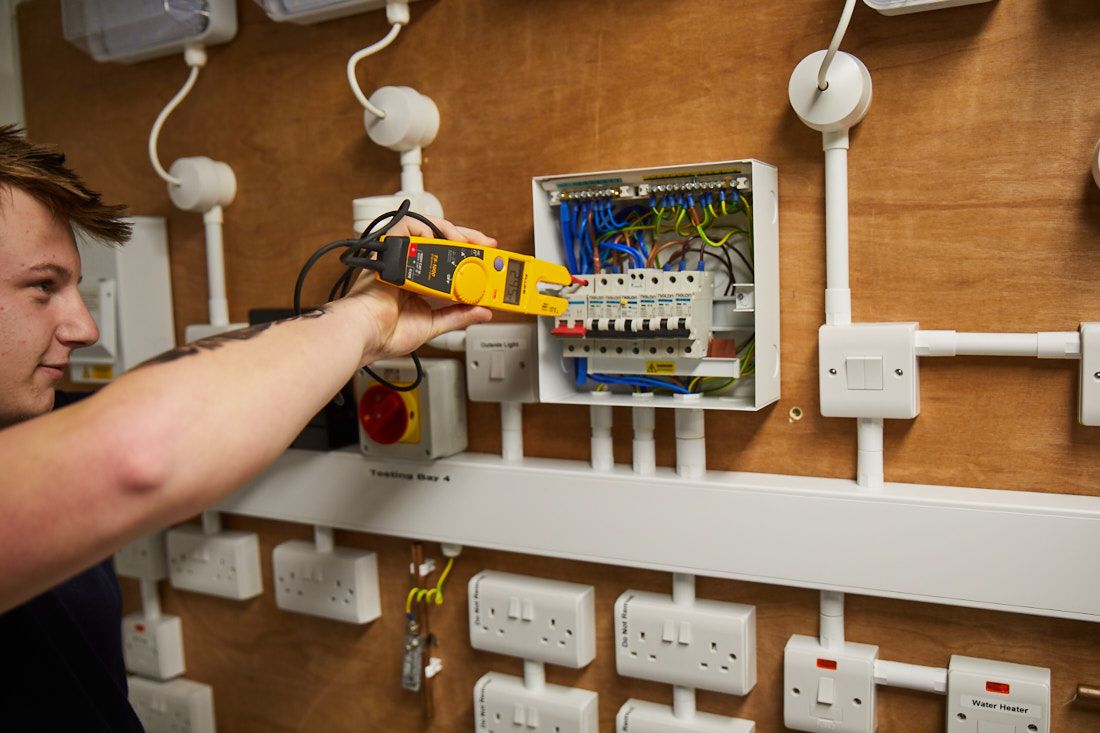
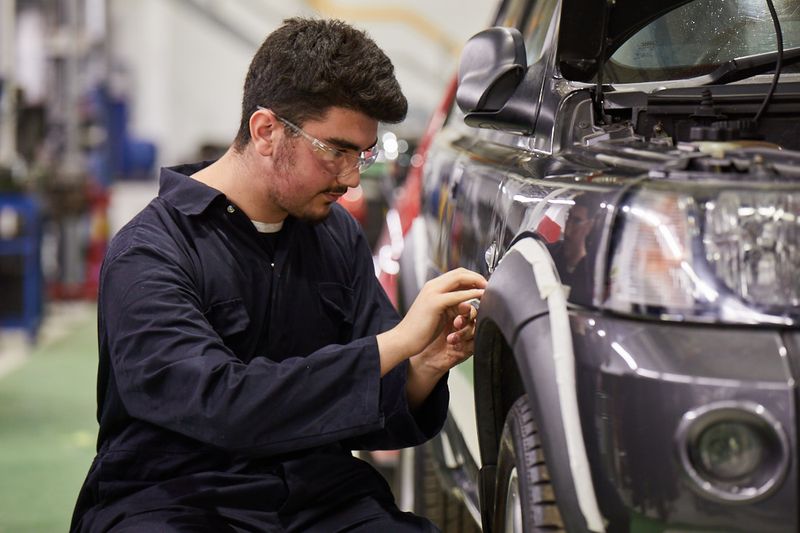
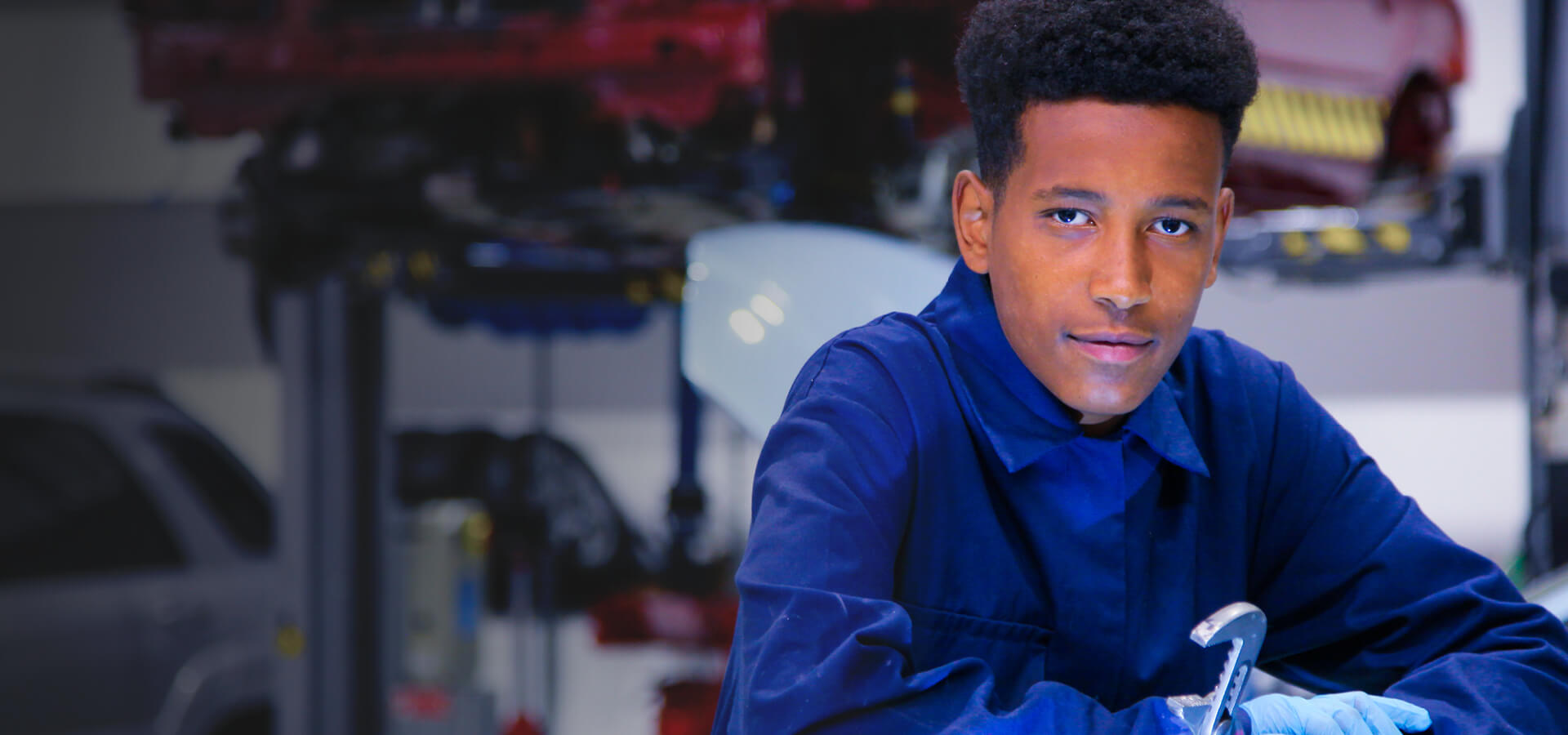
Follow us on Social Media